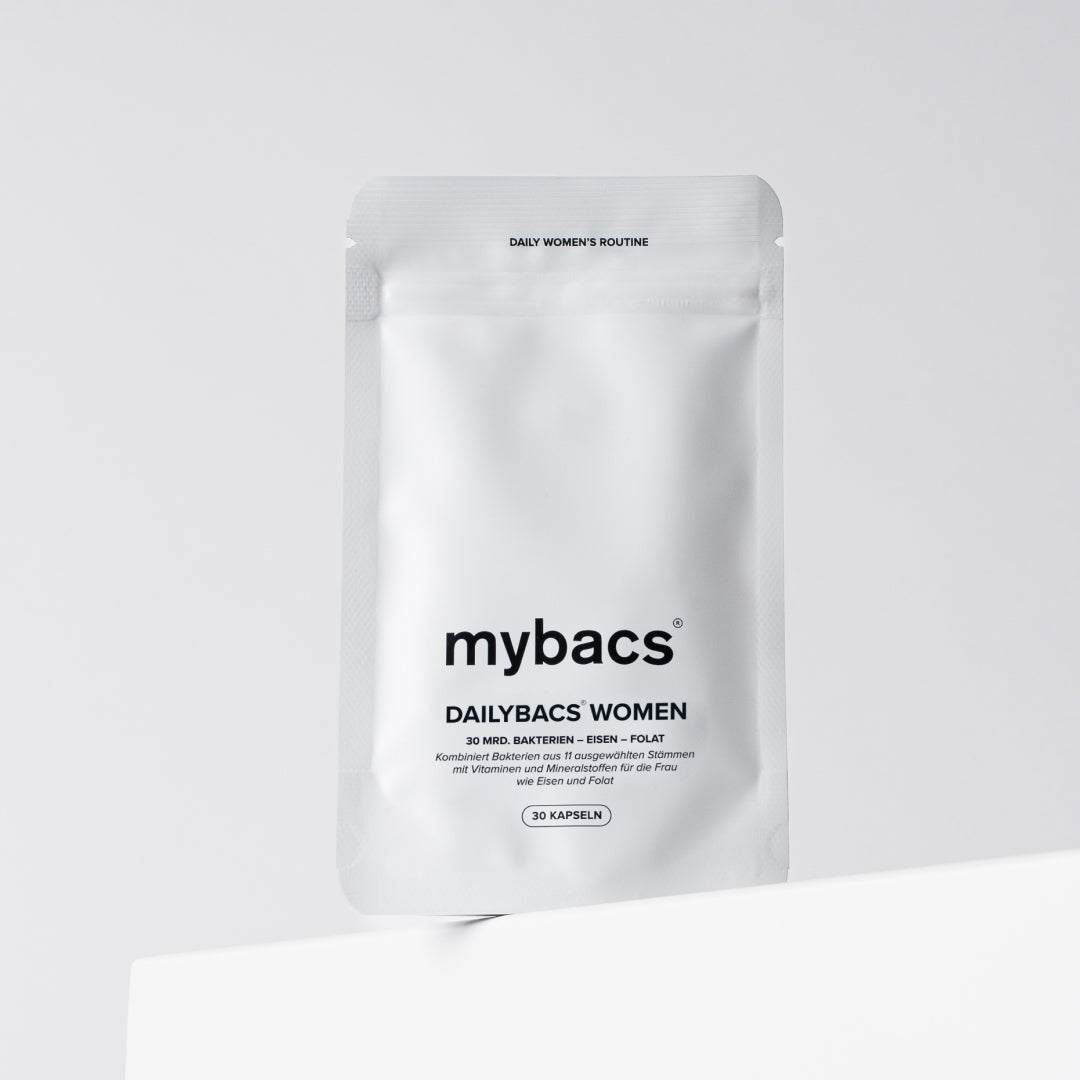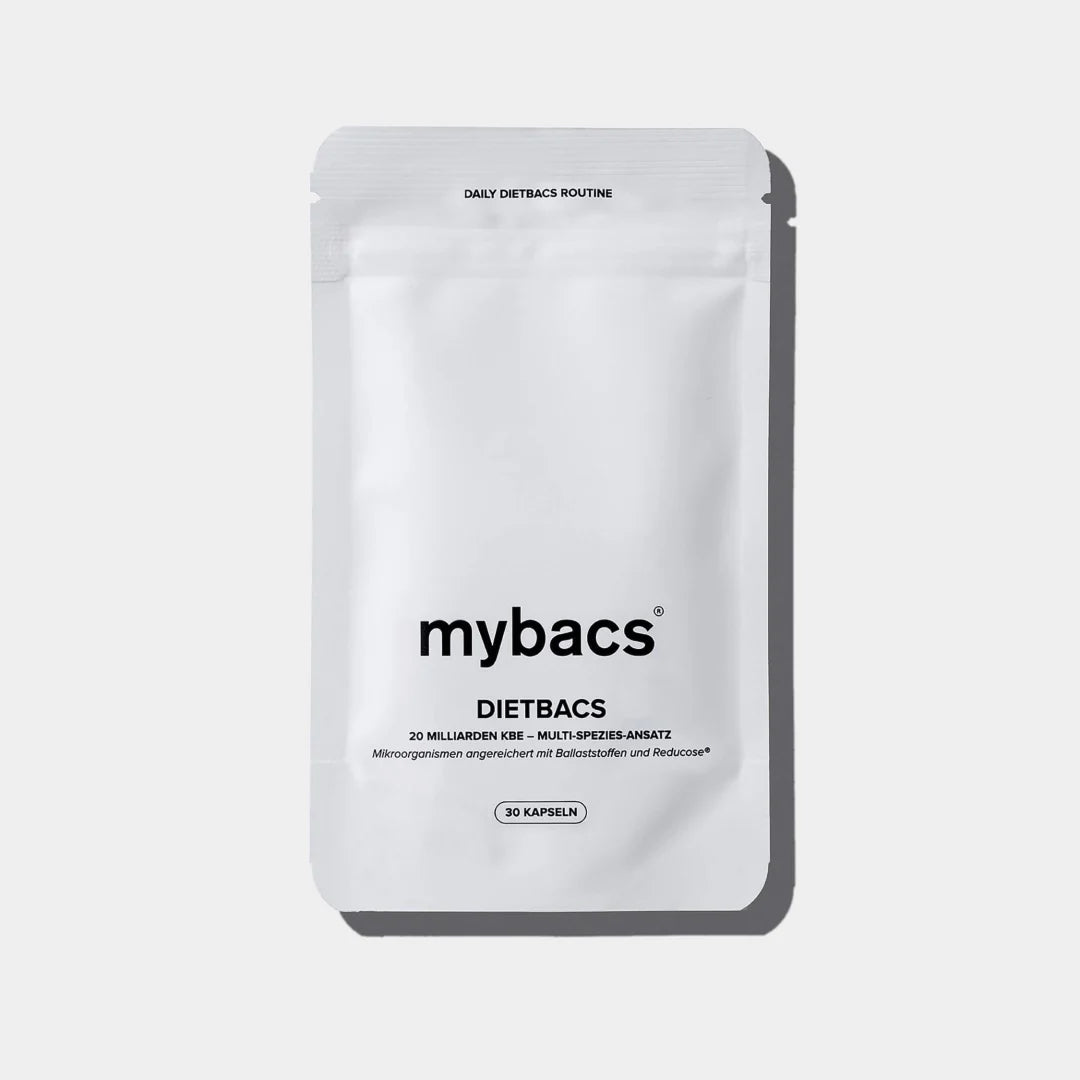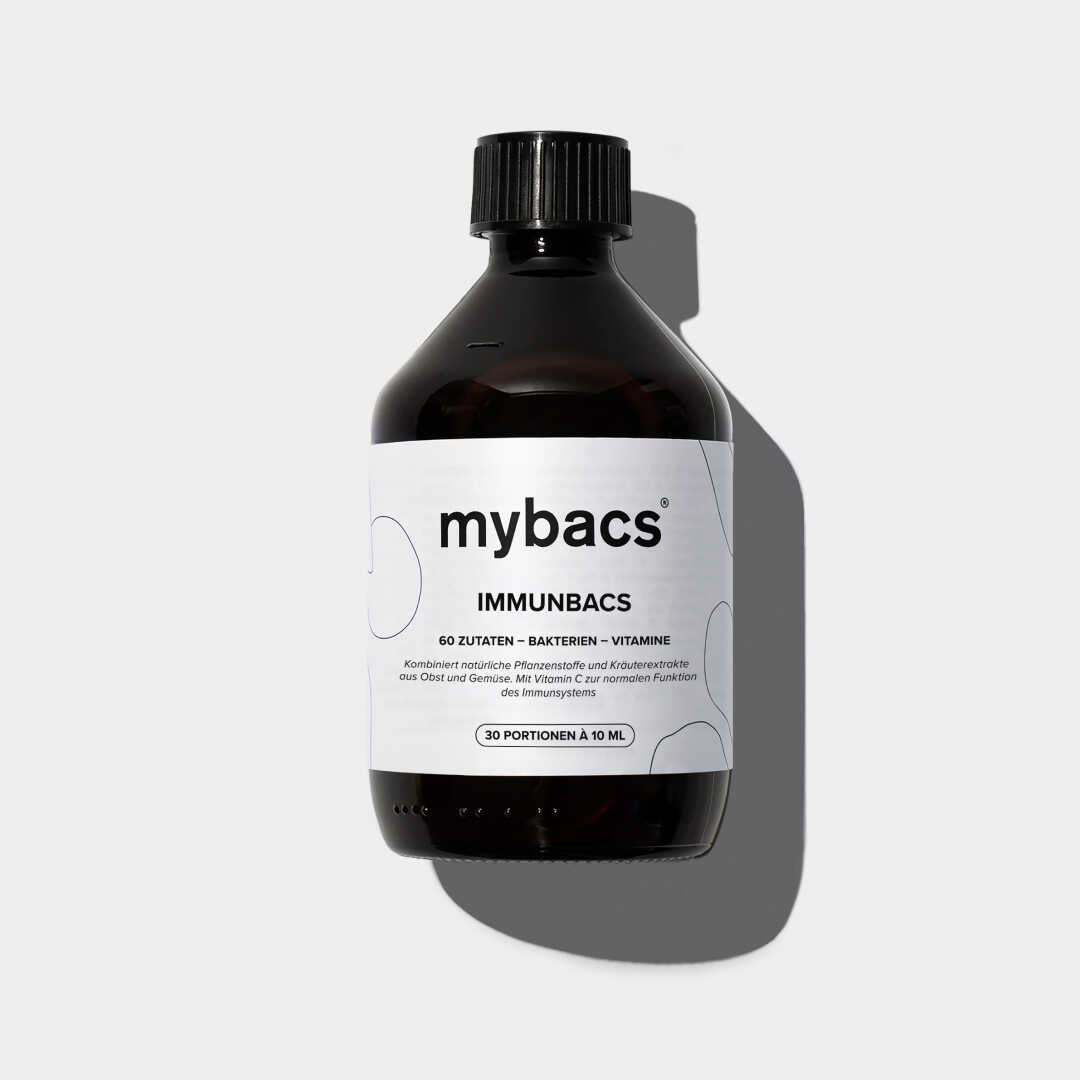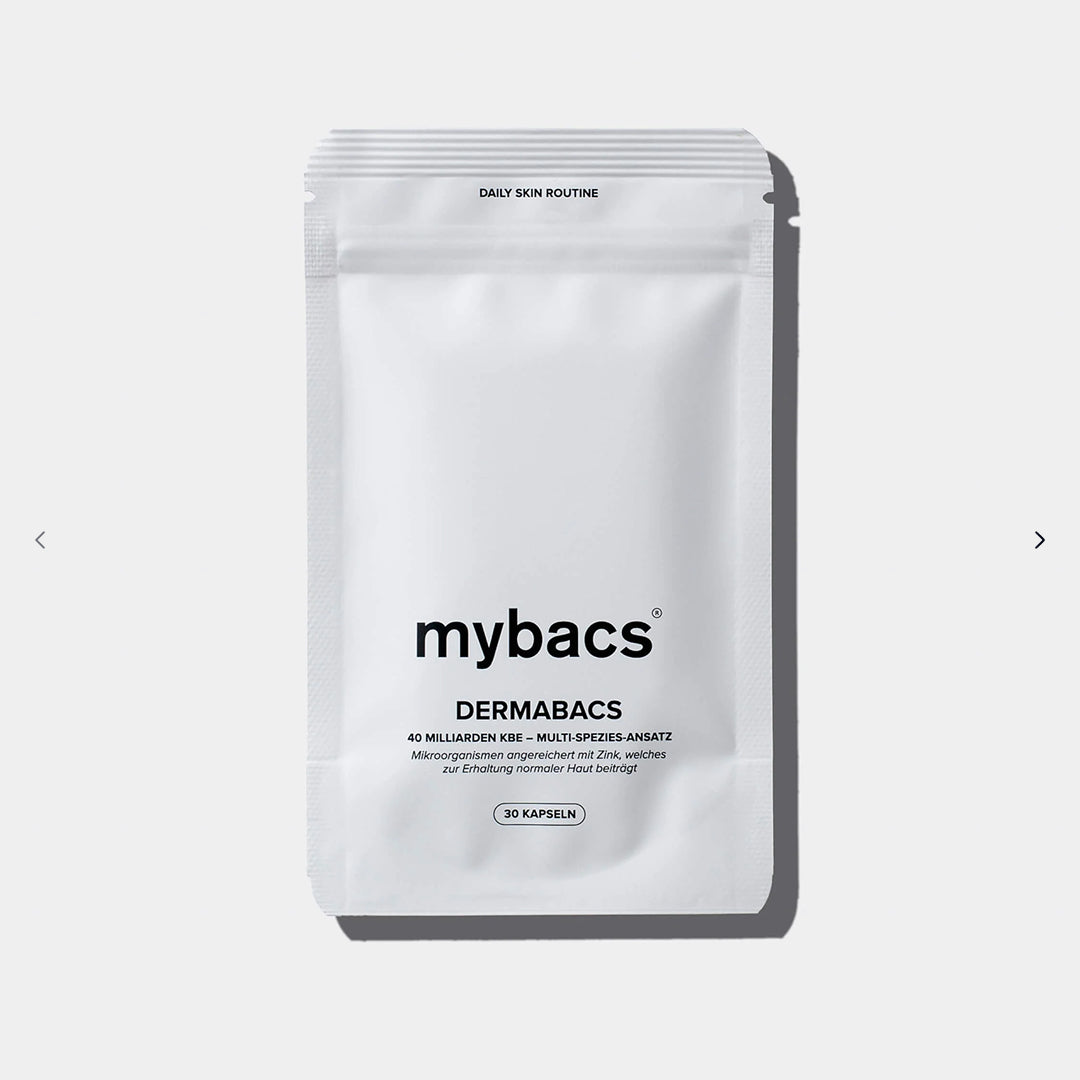The importance of coral reefs
Coral reefs are vibrant ecosystems that host an impressive diversity of marine life. As one of the most biodiverse ecosystems on our planet, they are vital to the health of the entire marine ecosystem. In fact, nearly 25% of all marine life depends on coral reefs, as they serve as shelter, a food source, a breeding ground, and a place to nurse their young.
Threats to coral reefs
Unfortunately, coral reefs worldwide face a variety of threats that could cause them to collapse in the coming decades. Climate change, pollution, and other human activities are significantly impacting the biodiversity and balance of these ecosystems. However, these reefs are important not only for marine life but also for human health and the global economy. They serve as a source of employment and income, a source of food, and even provide medical therapeutics.
Coral bleaching
One of the greatest threats to coral reefs is climate change, which leads to coral bleaching. As water temperatures rise, corals shed their symbiotic algae, resulting in coral bleaching. This process weakens the corals and can lead to their death. To restore and protect these valuable ecosystems, scientists and conservationists are seeking innovative solutions.
Microbial research approaches to coral conservation
Research is investigating probiotics as a solution to support and improve the health of coral reefs. Dr. Raquel Peixoto, a coral microbiologist, and her team are exploring the role of the microbiome in coral health and disease. They are developing new microbial approaches, such as coral probiotics, to counteract the threats corals face and restore these vital systems.
How do “coral probiotics” work?
Dr. Peixoto's research focuses on using beneficial microorganisms for corals, known as BMCs (Beneficial Microorganisms for Corals). Similar to humans, corals have a diverse microbiome that helps them adapt to changing environmental conditions. These health-promoting microbes can be administered to corals as probiotics to improve their survival.
The research results show that coral probiotics can help improve coral resilience to the stresses of climate change. Dr. Peixoto and her team have identified key microbial players that contribute to coral resilience to temperature fluctuations. However, research and development of technologies for administering coral probiotics are ongoing.
Conclusion
World Oceans Day reminds us of the importance of protecting and preserving our marine ecosystems. Research into the role of probiotics in coral reef restoration is a promising approach that can help preserve these threatened habitats.While further research and development are needed to confirm the efficacy and applicability of probiotics in different scenarios, they nevertheless represent a valuable tool to support coral resilience, survival, and health. Together with other ocean conservation measures, probiotics can make an important contribution to preserving the health and diversity of our marine environment.





